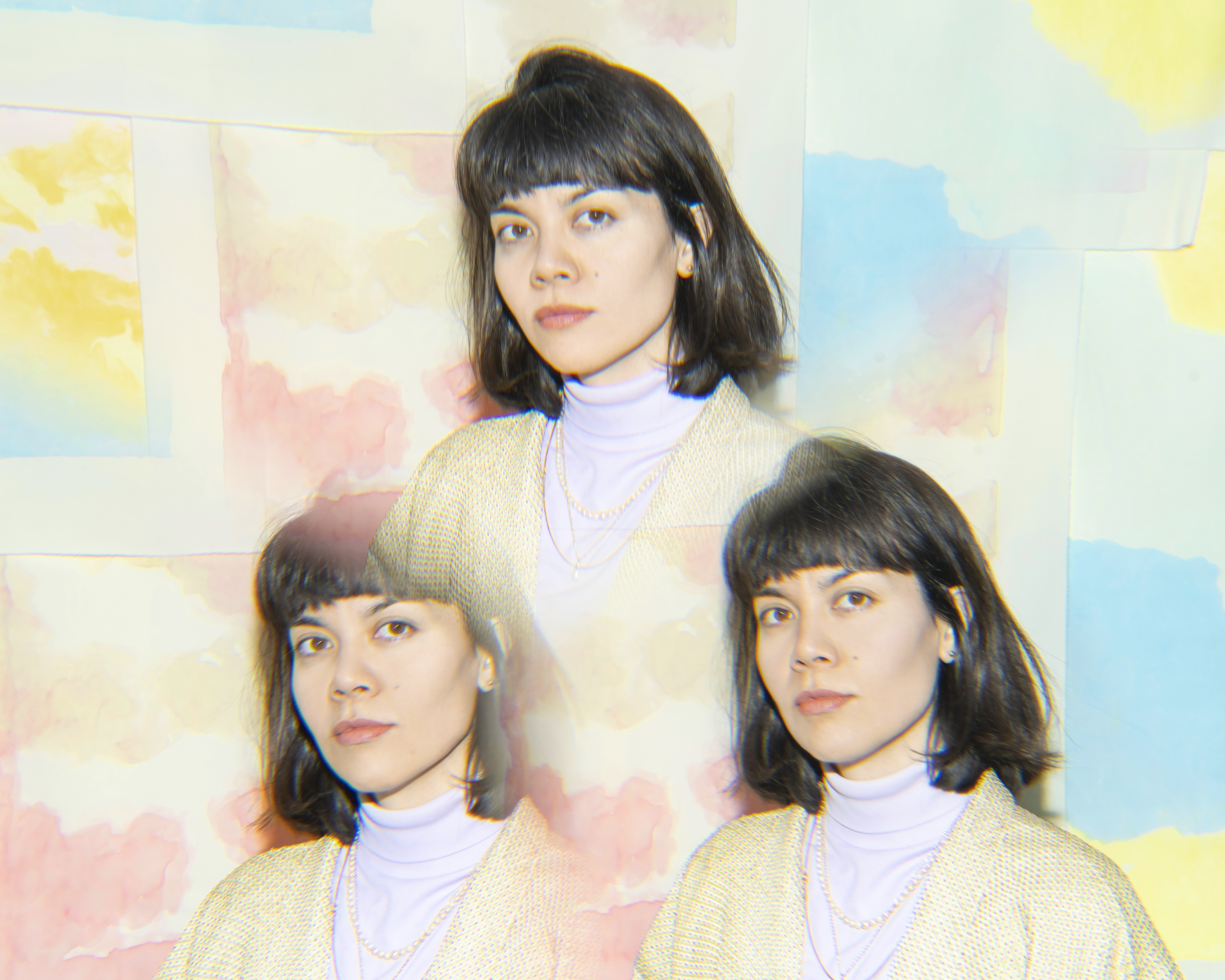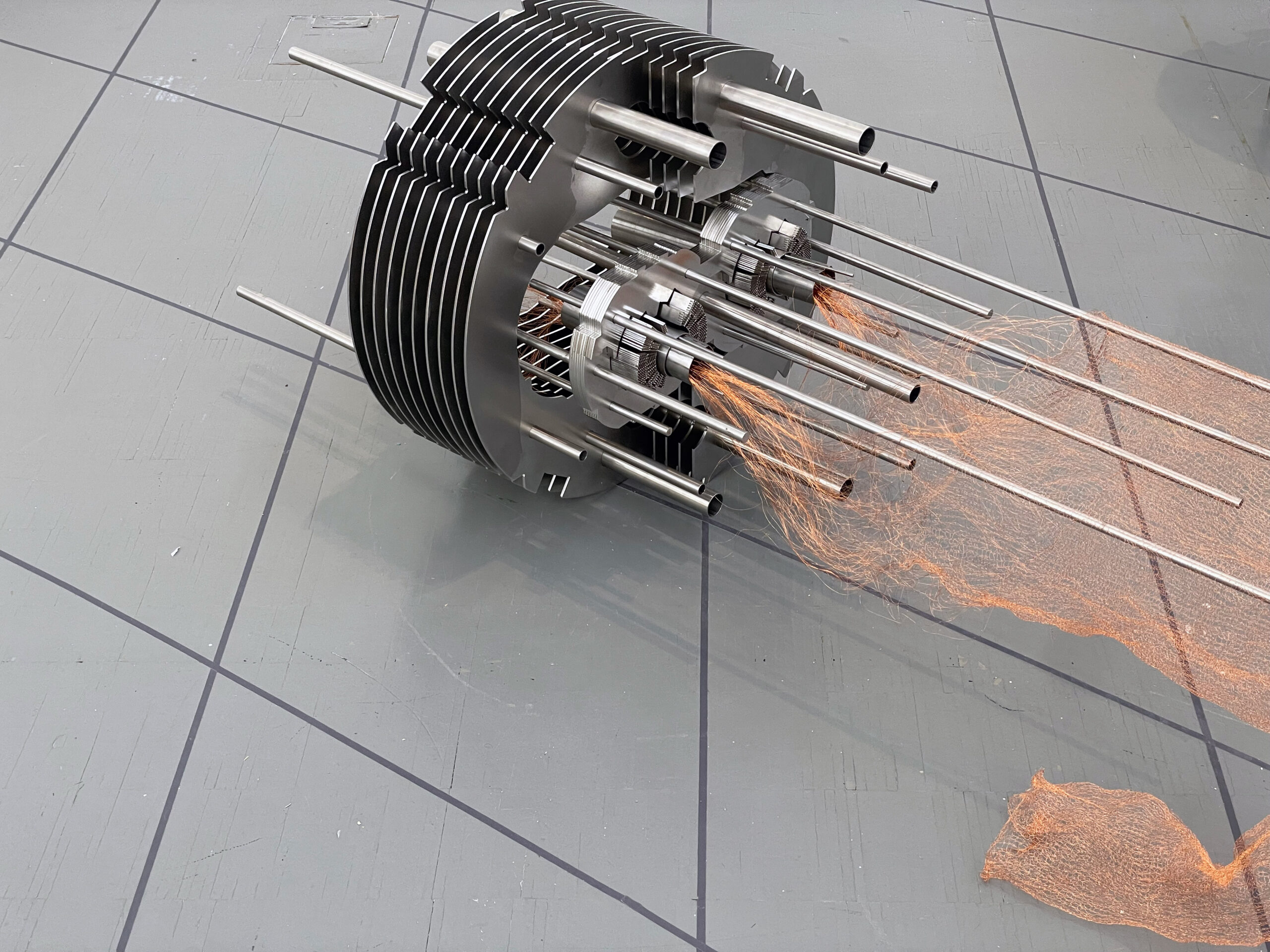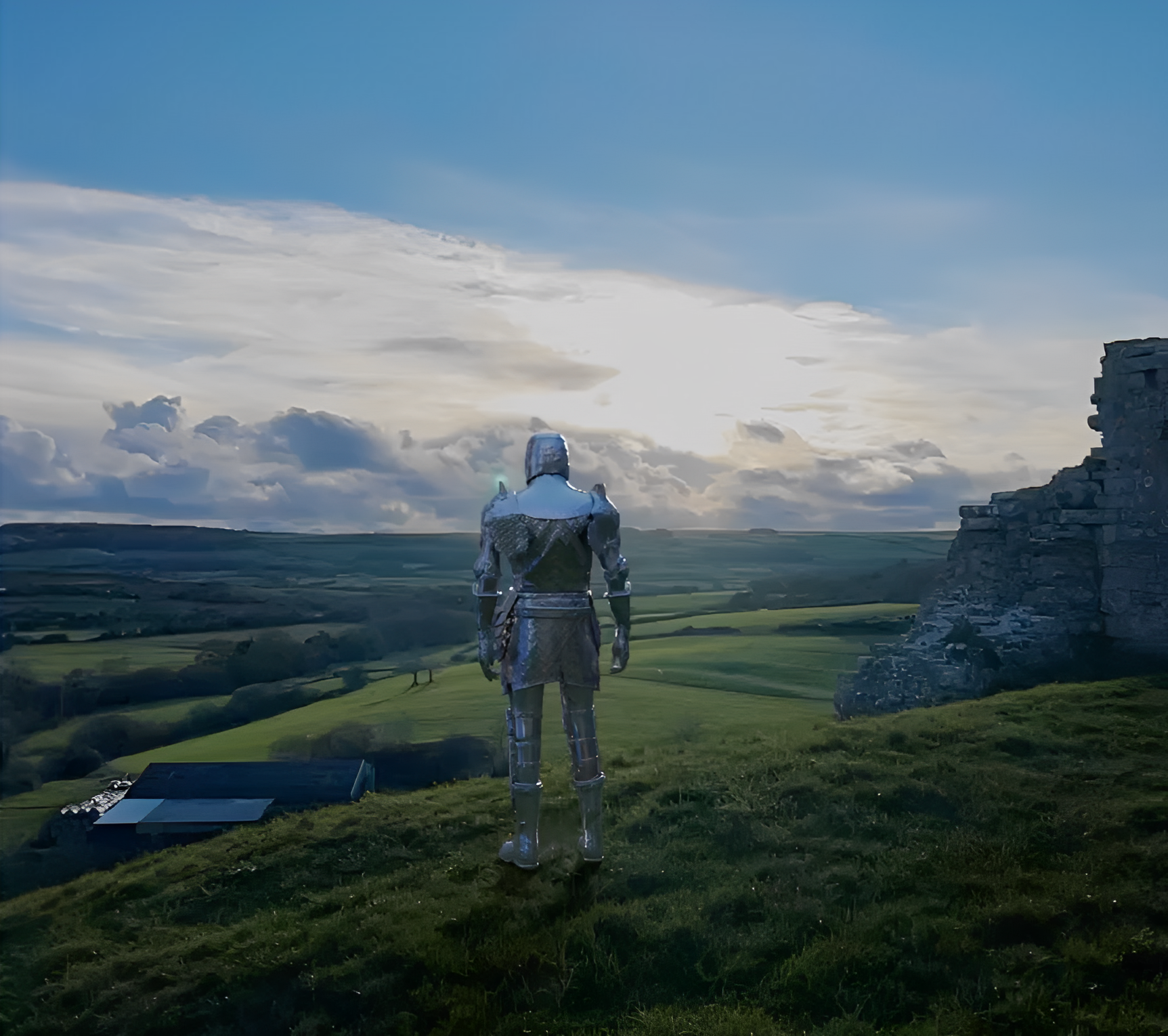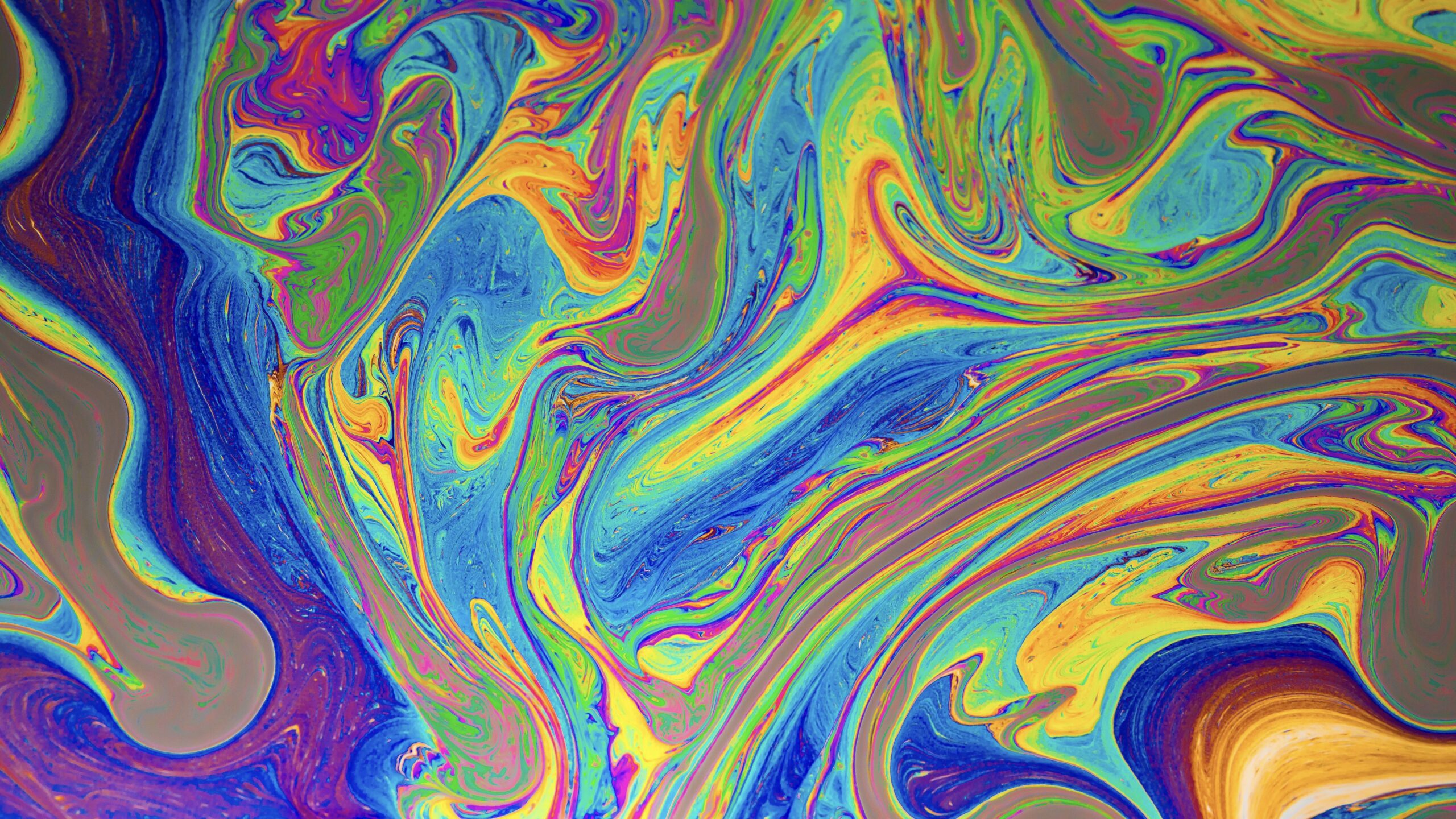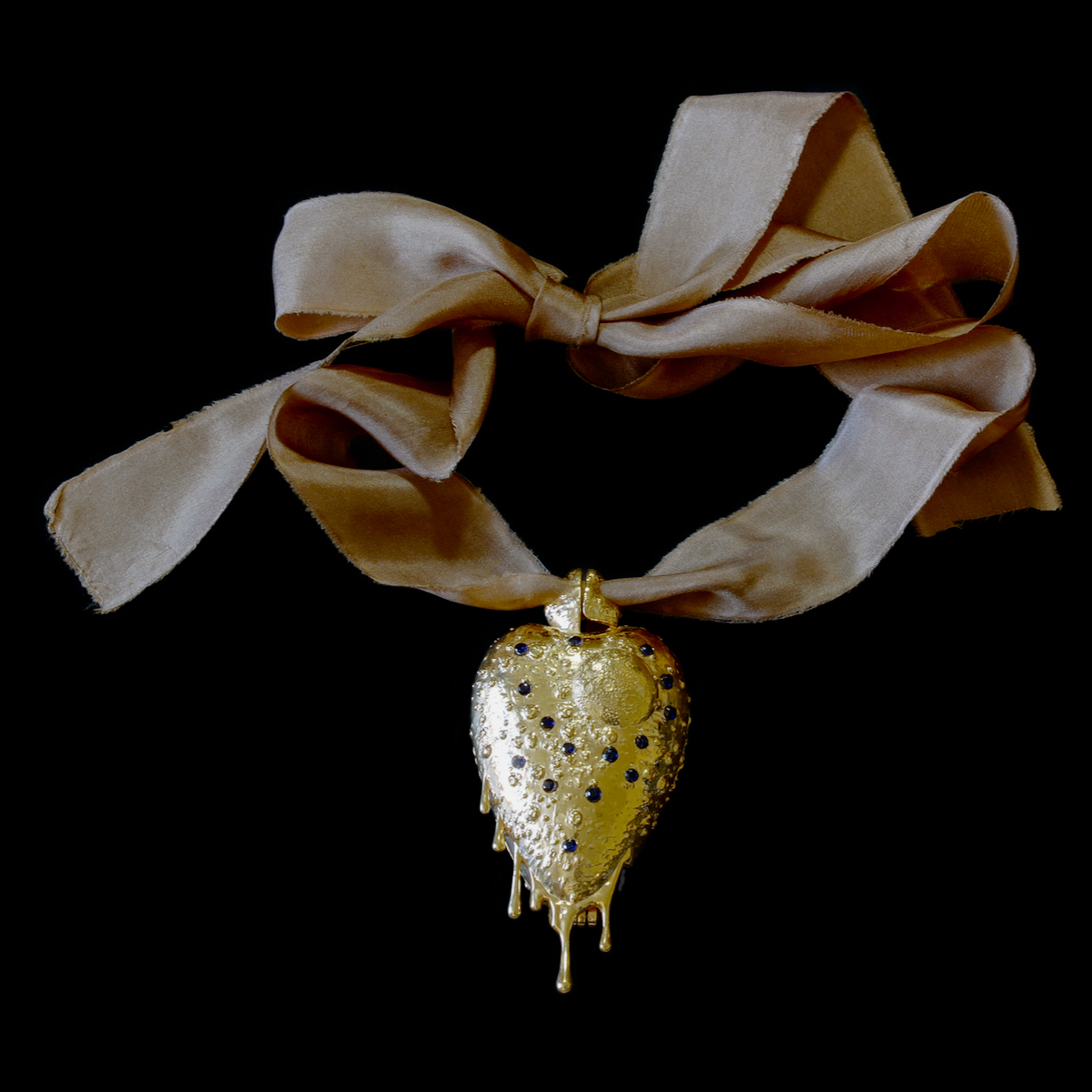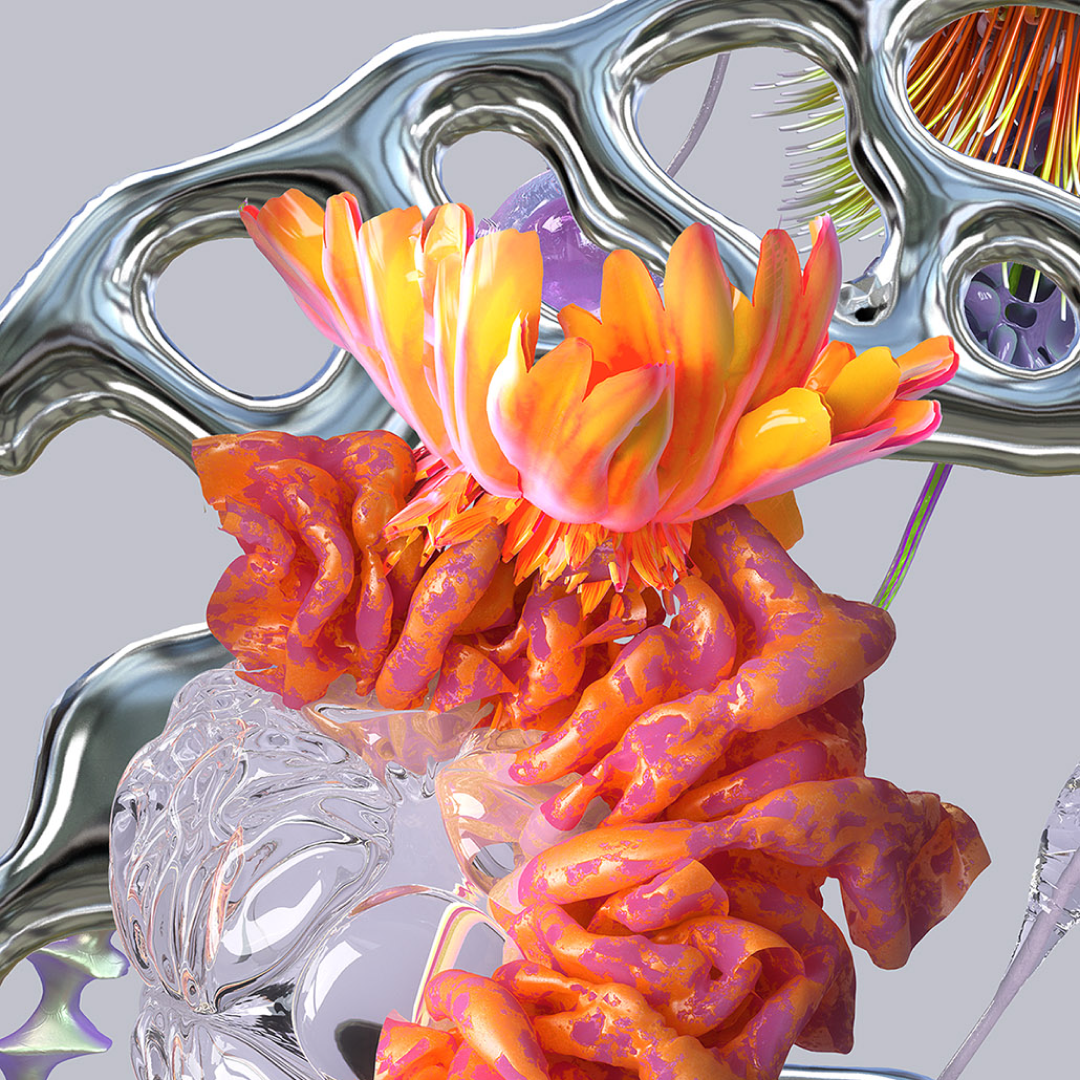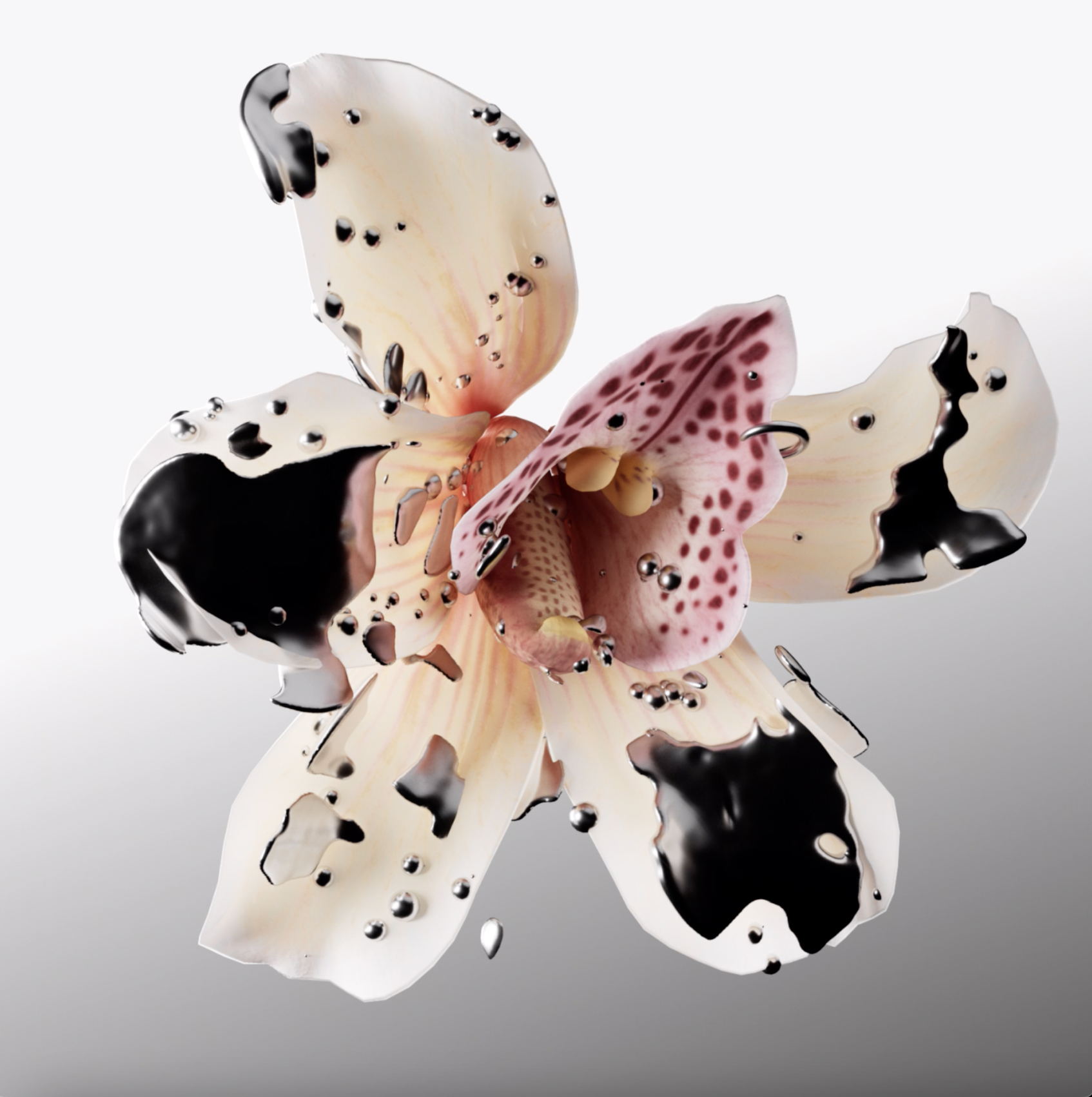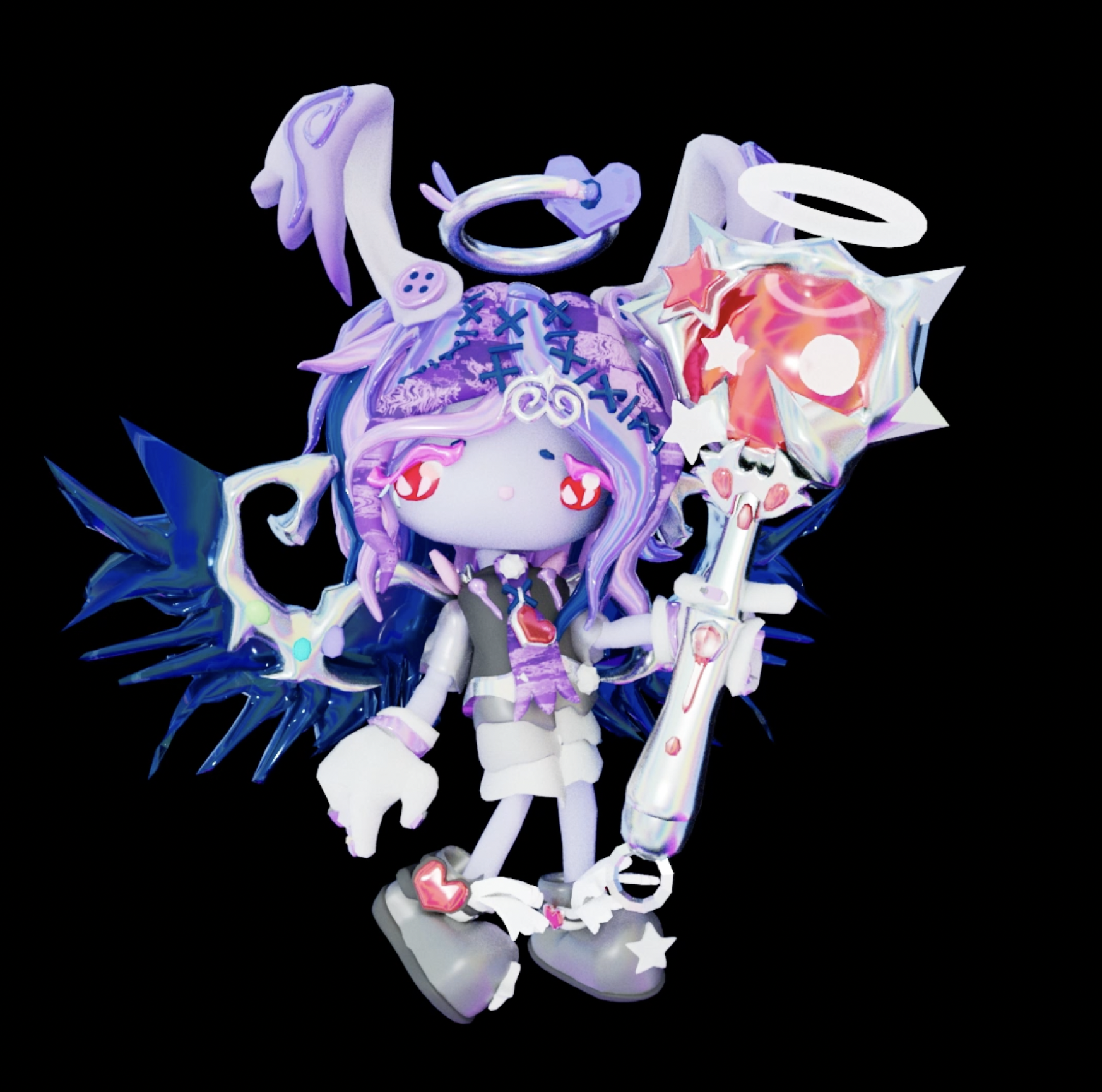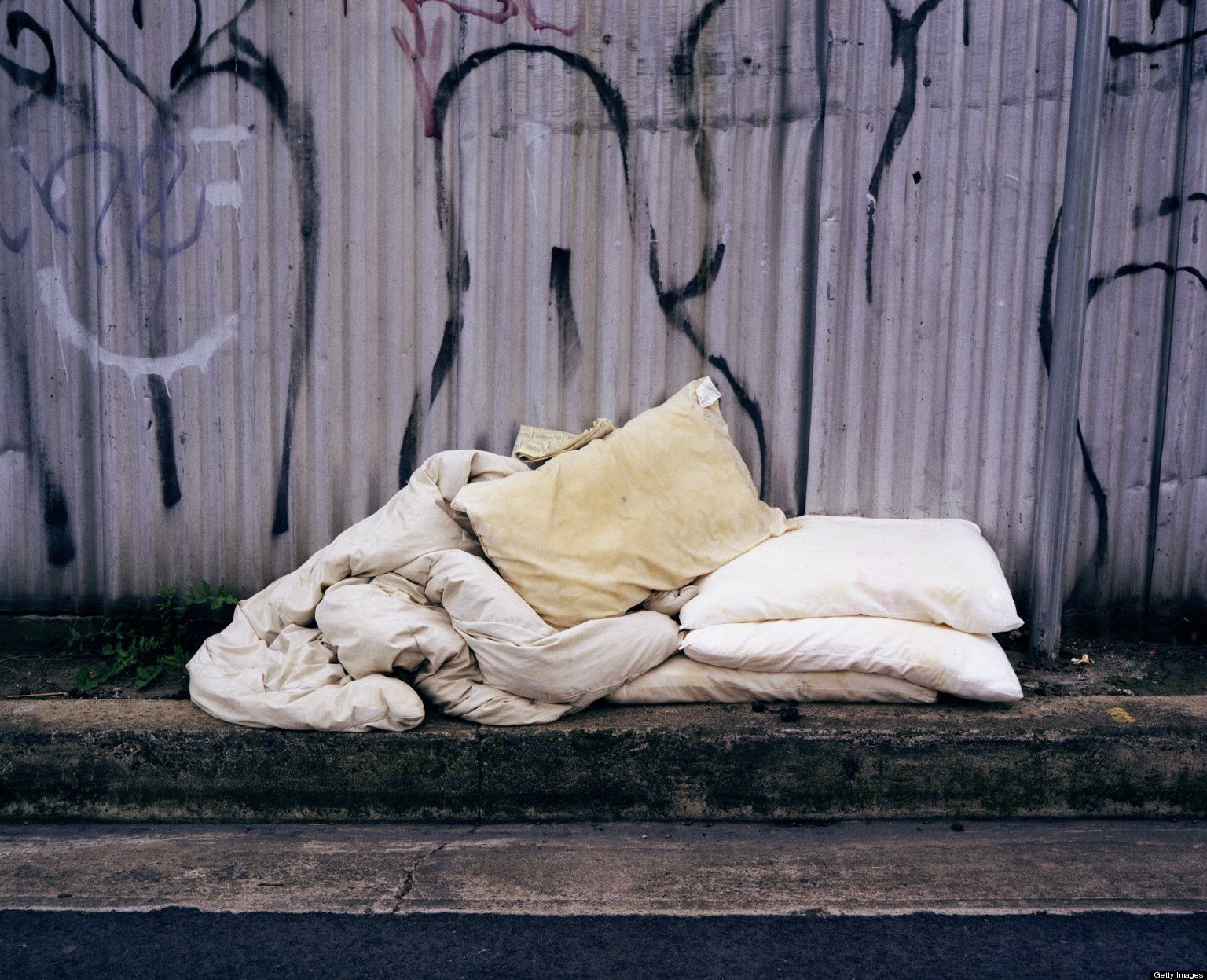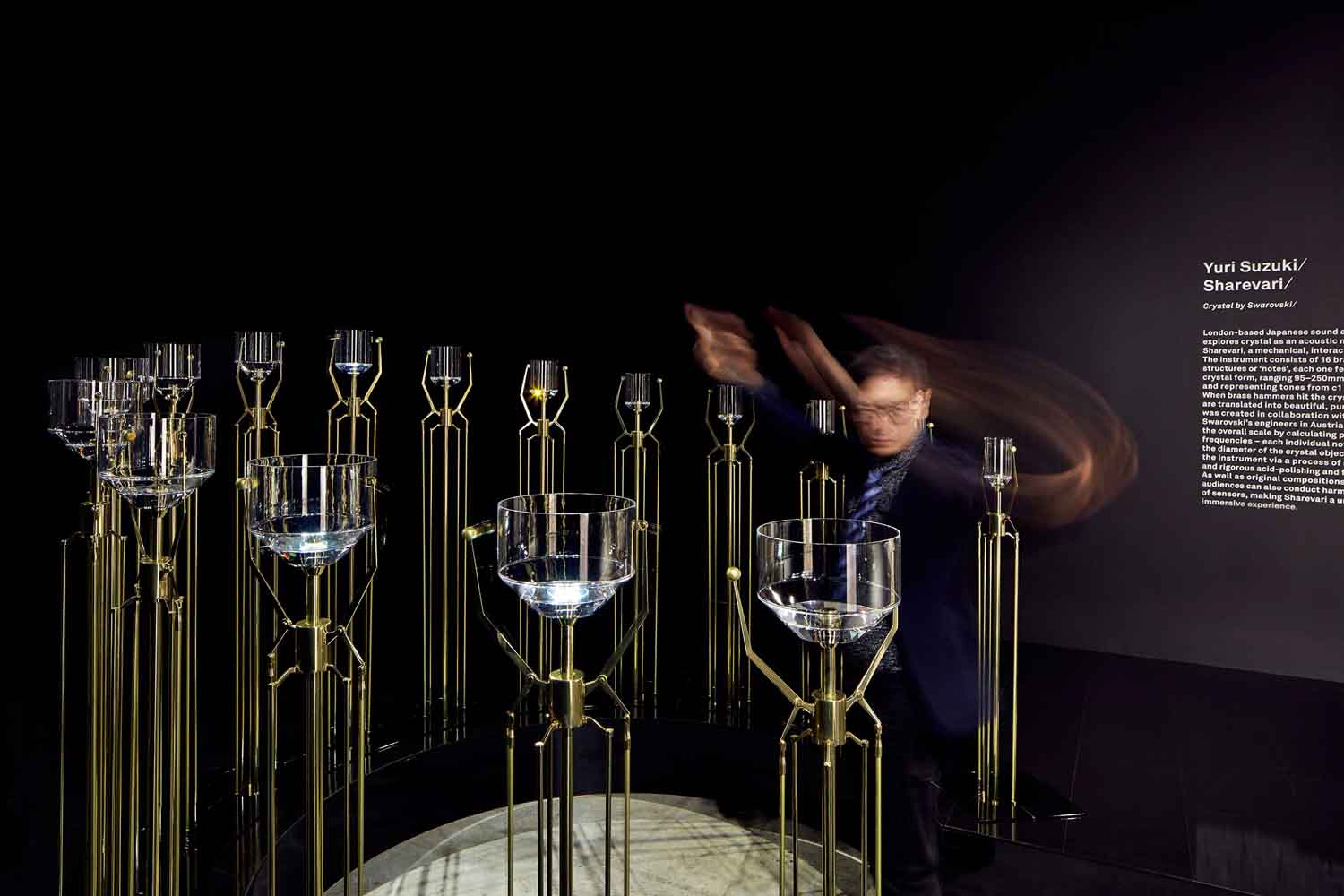
A dialogue on art, philosophy and self irony
October 25, 2023
Foreigners everywhere
Echoes of the Venice Biennale 2024
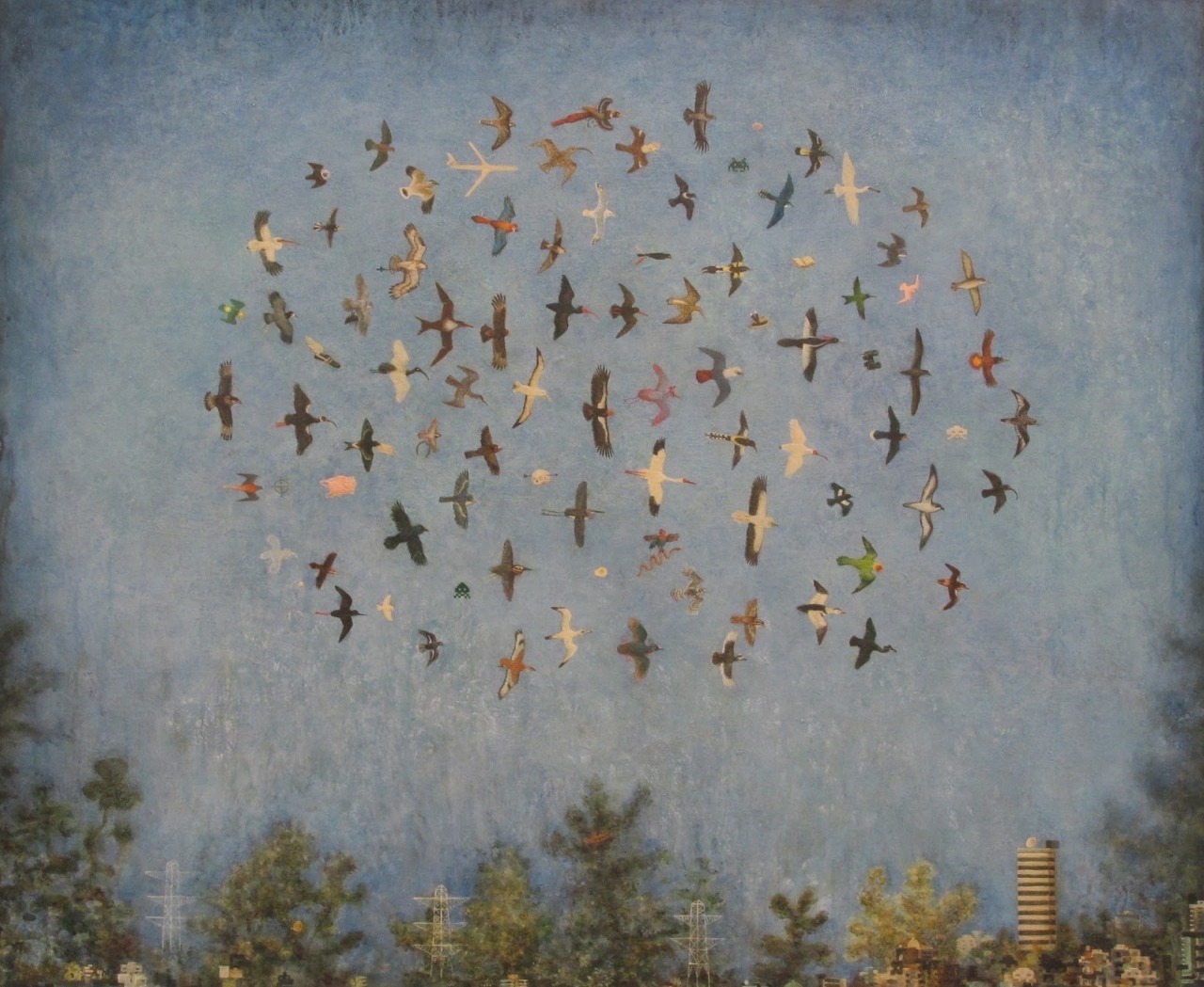
© Ghost Flock by Alasdair Wallace (1967)
Our generation is witnessing the merciless Moloch of history, driven as usual by ambition, stupidity and greed.
The theme of the biennale “foreigners everywhere” is beautiful and timeless. It is revealed by curators and artists with thoughts about emigration, about people forced to leave their home by war, genocide, floods, images of internal alienation, homelessness of existence...
Words
by Natasha Klimchuk
You move between the pavilions, stunned by the beauty, with pain, admiration and gratitude for the popularization of important things.
We are foreigners not just in other countries, but within ourselves. Lost in a sea of societal norms and cultural expectations, drowning in our own thoughts and emotions.
Are we truly at home in our own minds, or are we lost in a sea of societal norms and cultural expectations? Perhaps we are strangers even to ourselves in our own minds.
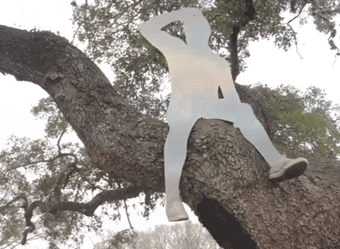
© Troosteloos
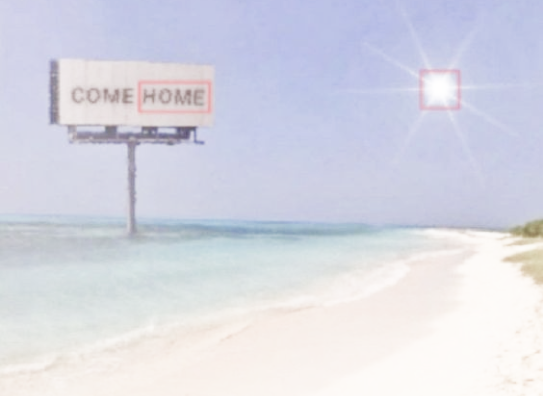
© Dreamcoreaestetic
The Biennale challenges our notions of identity, belonging, and otherness. By showcasing artists from around the world, it prompts us to question the boundaries we construct between ourselves and others. It invites us to consider how our differences can enrich our understanding of the world and expand our perspectives.
The Biennale is like a global party where everyone is invited, but no one quite knows where they belong. It's a melting pot of cultures, languages, and artistic styles that will leave you feeling both enlightened and slightly confused. Just when you think you've figured out what it means to be a foreigner, someone else comes along with a completely different perspective.
It’s a convergence of artistic expression and cultural dialogue, where artists from around the world come together to explore the complexities of the human experience. Through their work, they challenge our perceptions, provoke thought, and inspire introspection. It is a space where boundaries are blurred, and new perspectives are forged, reminding us of the power of art to transcend language and connect us on a deeper level and guide our spirits towards kindness and understanding.
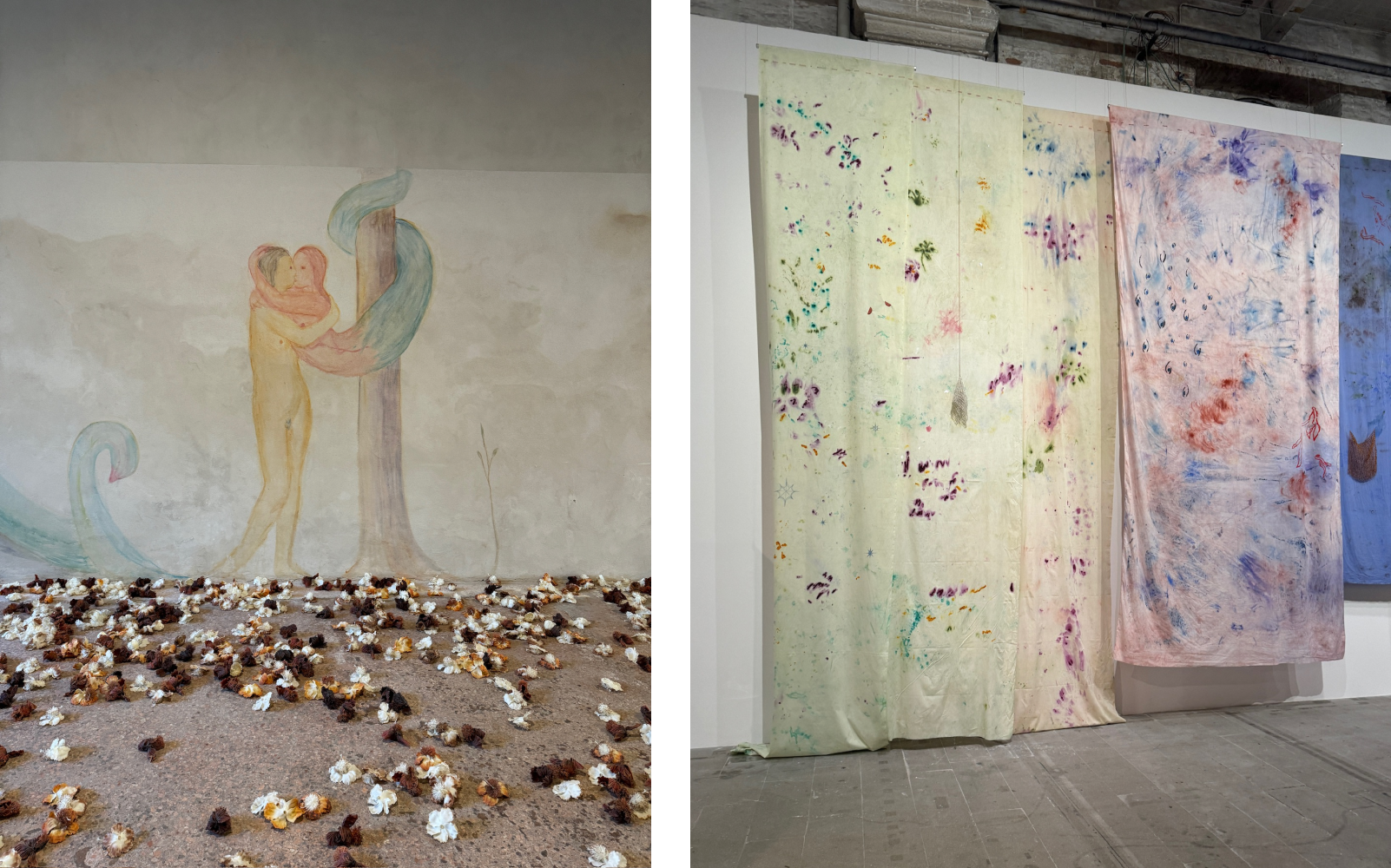
© Venice Biennale 2024 by Natasha Klimchuk
Foreigners and refugees and wars may divide us on the surface, but deep down we are all just misunderstood artists trying to find our place in this chaotic world.
In the midst of the Venice Biennale 24, Claire Fontaine's sculpture series "foreigners everywhere" beckons artists to contemplate this profound theme. As we wander through pavilions and palaces adorned with countless works of art, we are reminded that the concept of being a foreigner transcends mere physical borders.
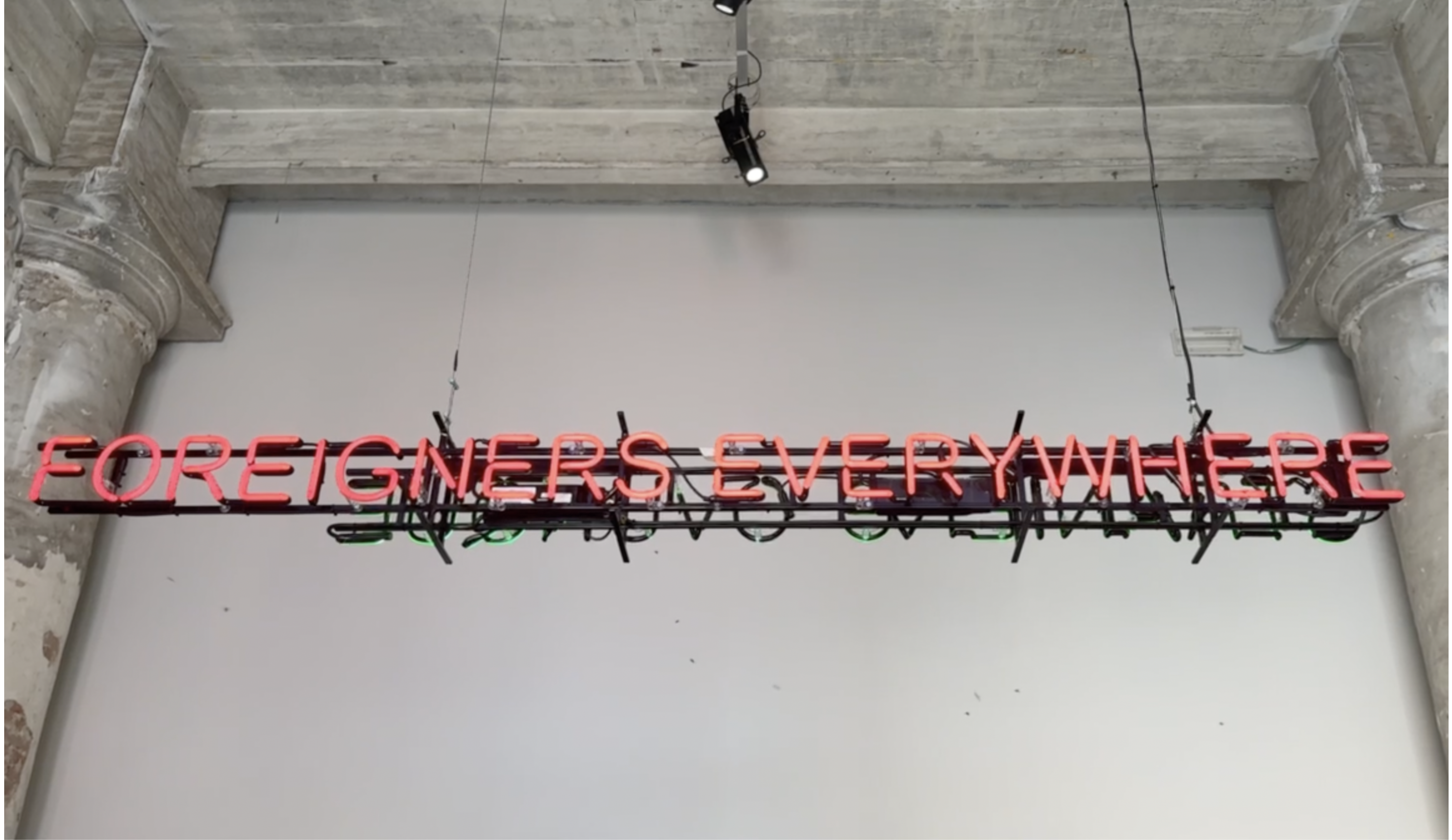
© Claire Fontaine, Foreigners Everywhere (Self-portrait), 2024 by Natasha Klimchuk
Philosophers have long pondered the idea that human beings can be strangers not only in distant lands, but within themselves. Lost in the labyrinth of societal norms, cultural expectations, and personal emotions, one may find themselves adrift in a sea of uncertainty. Perhaps they are consumed by madness, disdainful of their own physical form, or entranced by visions of a future devoid of human connection.
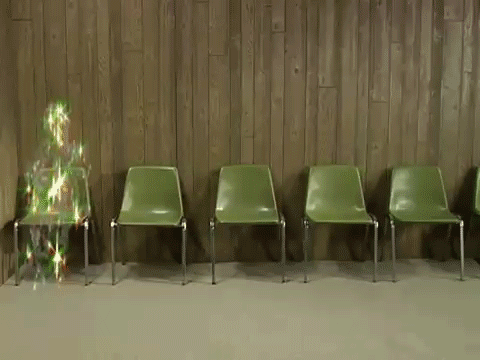
© 1950sunlimited
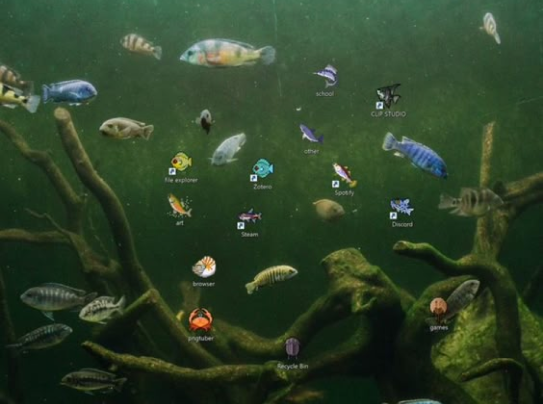
© Mooooonbug
Through the lens of art, we are encouraged to explore new perspectives and challenge our preconceived notions. We are reminded that we are but transient beings on this vast planet, mere specks in the grand tapestry of the universe.
In this realization, we come to understand that we are all foreigners in some way – strangers in our own skin, in society, and even within our own minds.
Art serves as a catalyst for progressive thought and empathy, bridging the divide between individuals and fostering understanding. In a world plagued by conflict and displacement, it is imperative to recognize that labels such as "foreigner" or "refugee" do not define us as good or bad people. Instead, they serve as reminders of our shared humanity and interconnectedness on this journey called life.
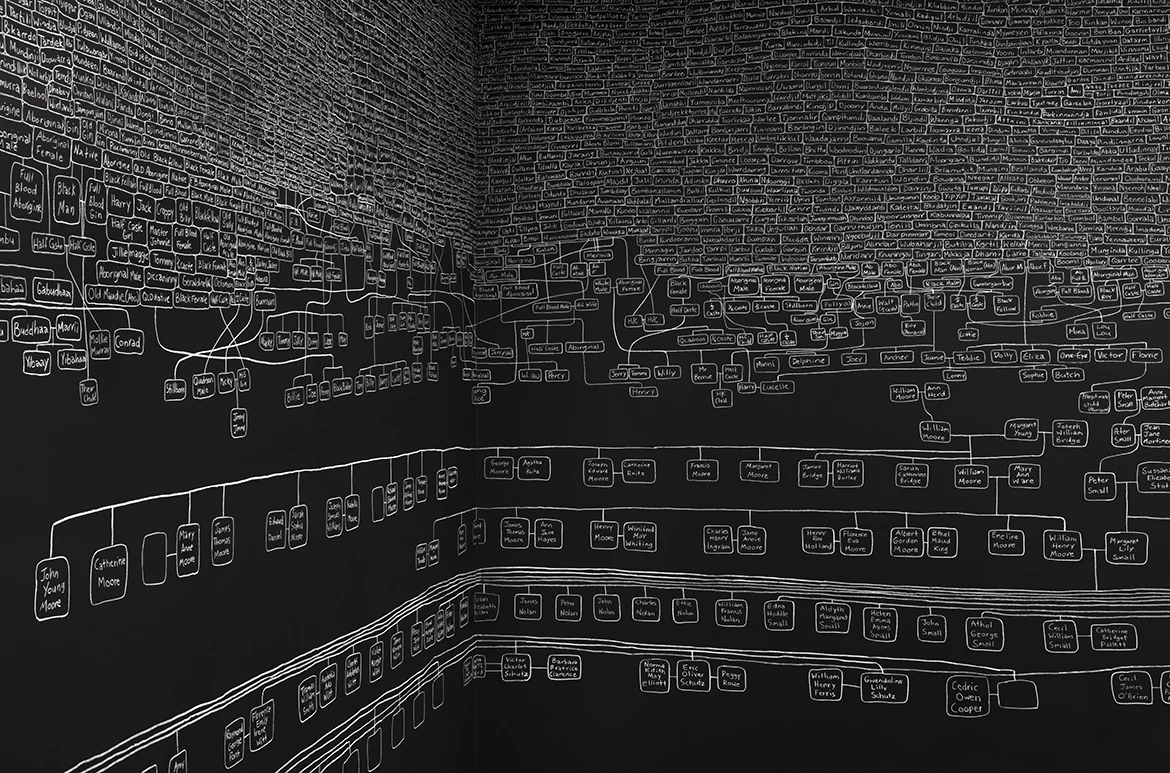
A fragment of an installation by Archie Moore at the Venice Biennale ©ARTnews / X
The refugee expresses feelings of isolation, loneliness, and discomfort as a stranger in a foreign land. They struggle to assimilate and feel like an outsider, constantly aware of their differences from those around them. Navigating unfamiliar social norms and expectations is a daily challenge, and they often feel like they are on the outside looking in. Despite efforts to integrate into society, they are reminded of their status as an outsider and find it difficult to find common ground with others. The refugee feels like they are living in two worlds, one foot in their past life and one foot in their new life as a foreigner. They must constantly prove themselves to be accepted by others, highlighting the challenges of being a refugee in a new country.
By breaking free from old traditions and ideologies, one can build a new foundation and establish roots in a new land, metaphorically speaking. This process of rejecting the past and present allows for personal growth and transformation.
The concept of home is not just a physical place, but an inner state of being where the soul connects with the divine. Art serves as a tool for personal growth and self-discovery, helping to expand the soul and tap into our innate potential. Life is seen as a journey of internal exploration and growth, where we uncover and translate what is already within us.
Text by Natasha Klimchuk
Selected Articles

Two ChairsProject type
